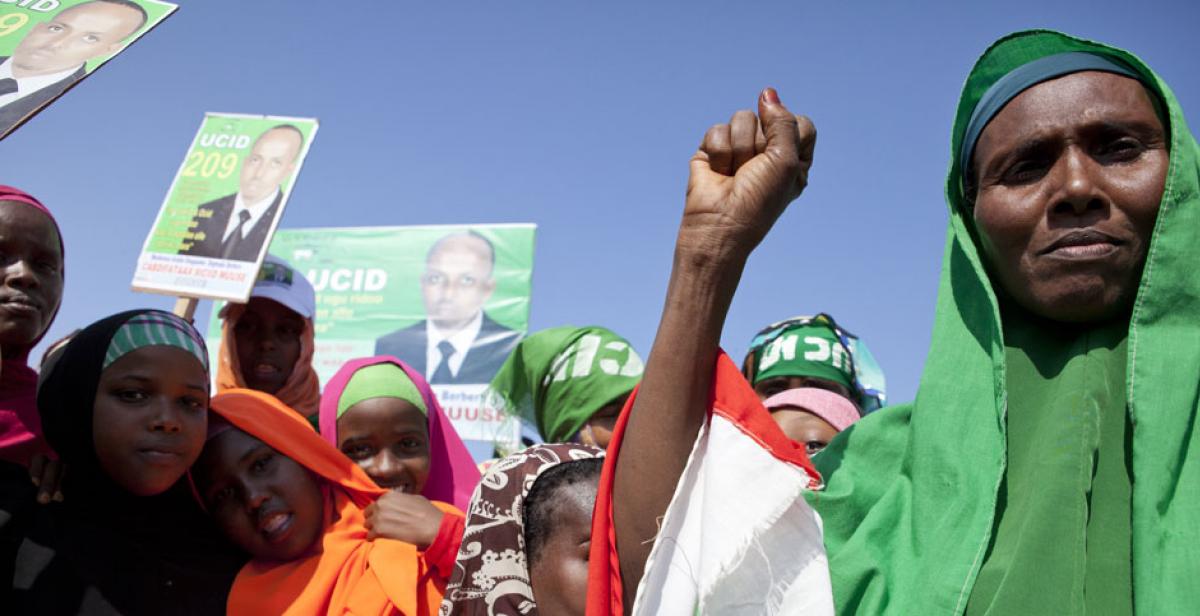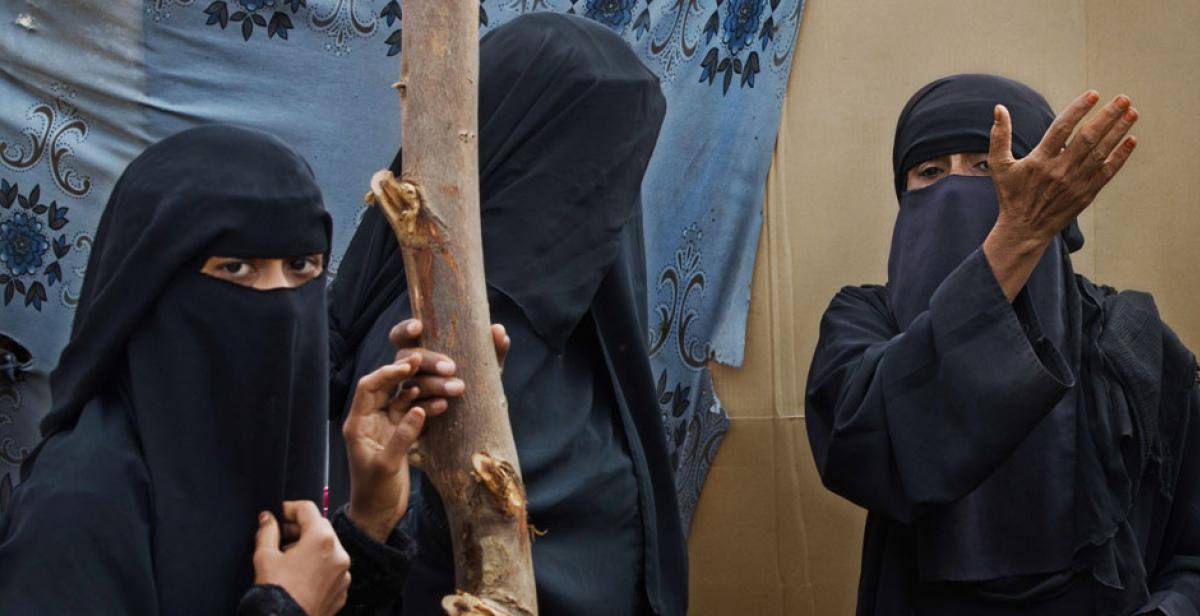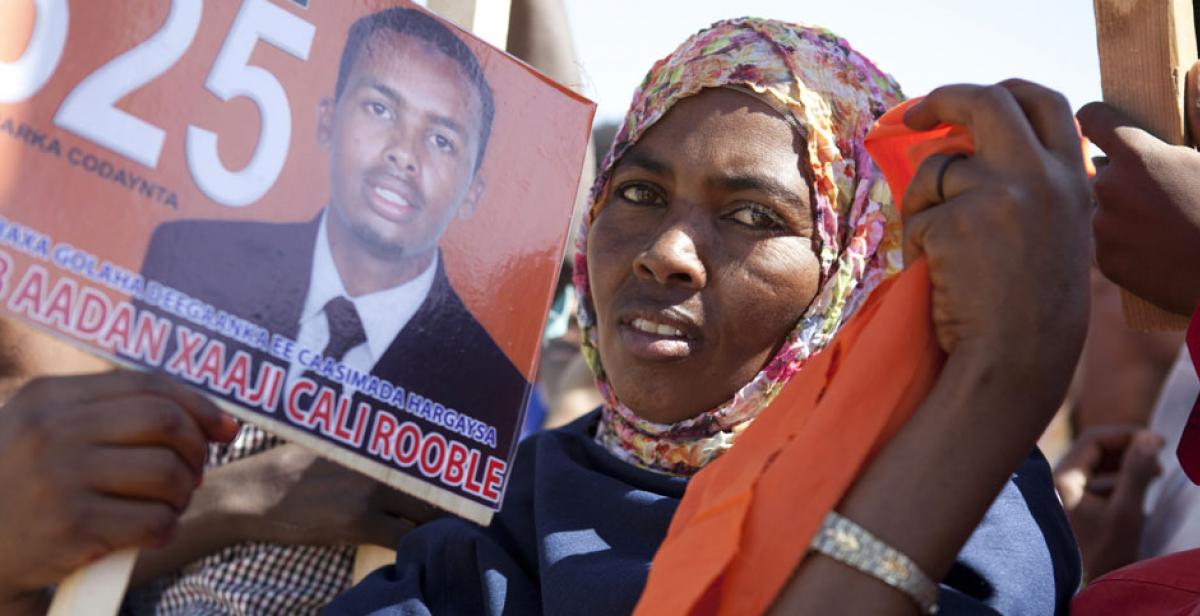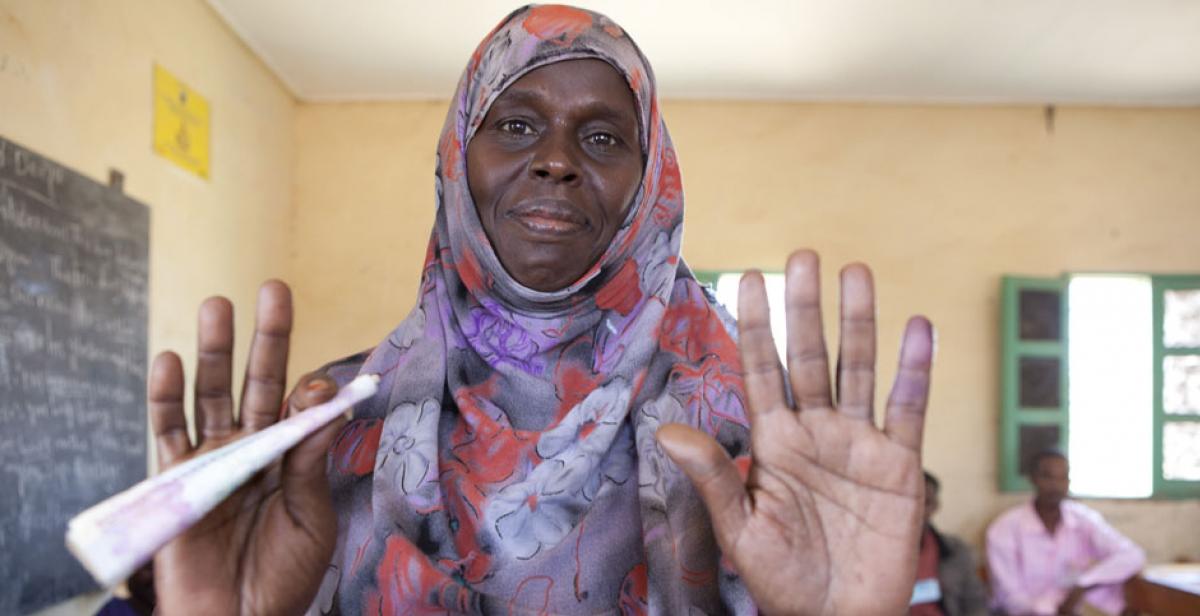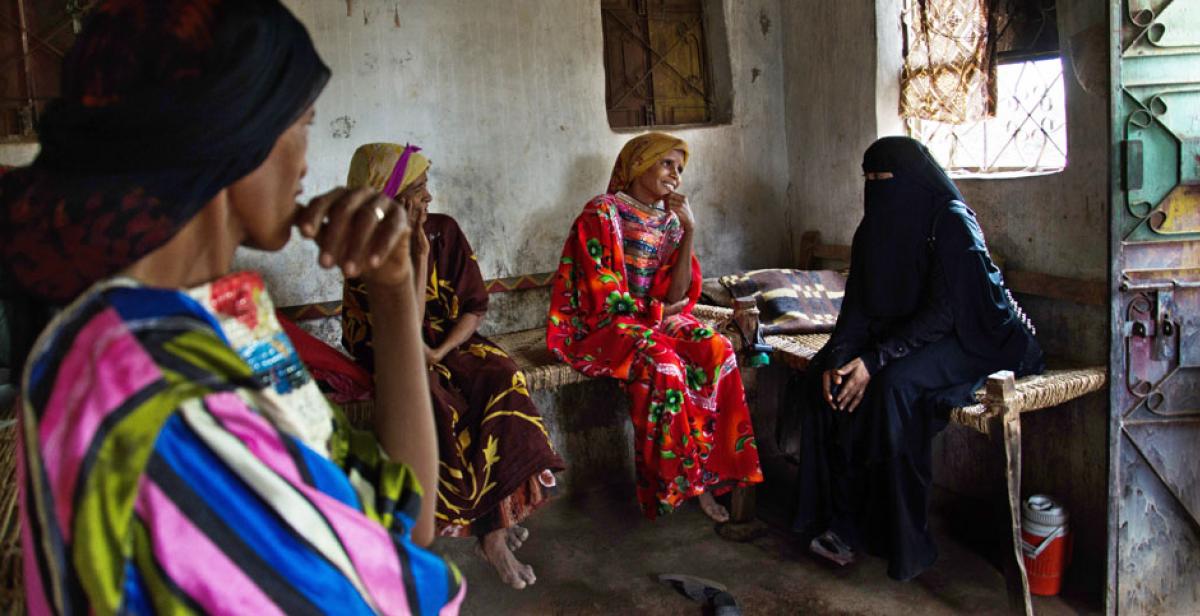celebrating a life, leaving a legacy
You are here
Gender justice
Poverty
- Progressio works predominantly in fragile states, which make people poor
- 50% of the world’s poor already live in fragile states – and the proportion is rising
Gender inequality
- Women are particularly affected by state fragility
- Fragile states reinforce gender inequality
Traditional practices
- Harmful traditional practices, justified under the guise of cultural, social and religious norms, disadvantage women and girls in their access to their sexual and reproductive health and rights (SRHR).
- The same norms can often lead to violence particularly against women and girls (VAWG).
Business and Human Rights
- Women and girls are particularly vulnerable to human rights violations arising from businesses operating in less developed and fragile states.
- There is limited public spending available to deliver the 2030 Agenda for Sustainable Development. To fill the gap, governments are increasing their funding of the private sector to support its achievement.
- The UN Guiding Principles on Business and Human Rights establish a global standard on the roles of businesses and governments. These principles aim to ensure that companies respect human rights in their own operations and through their business relationships.
- These should also frame business operations in the context of the SDGs
Need and impact
- Many women living in fragile states are marginalised and poor – supporting women in fragile states tackles poverty where it is most needed
- Women in fragile states are key actors in people powered development – supporting women can achieve deep-seated social change, making fragile states into stronger societies, reducing poverty and embedding equality, participation and rights in emerging state structures to ensure sustainable growth and development.
References


